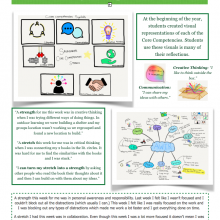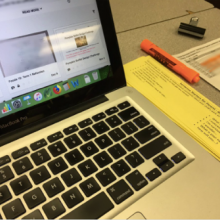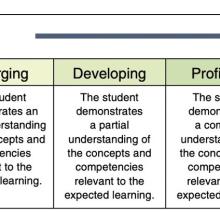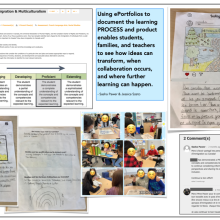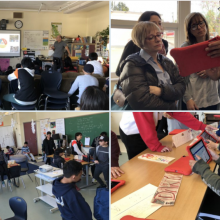Assessment is intended to support students’ understanding of why, what and how they are learning. Through clear learning intentions, curricular competencies and criteria, students know why and what they are learning. Teachers provide timely descriptive and formative feedback to support learners being able to take next steps and set goals with their learning. Communicating student learning effectively is central to student success. The partnership of student, family, and school creates a bridge of support that helps learners be successful.
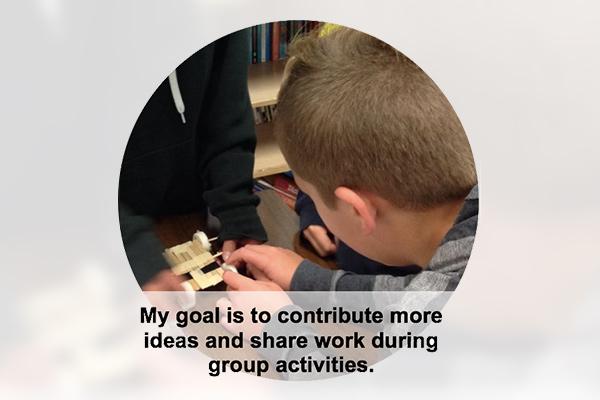
“Stay open to the possibility that the struggles that you inevitably will have will change your perceptions and your beliefs. As one of our wise Indigenous network leaders has taught us: “If you aren’t squirming, you aren’t learning.”
~Halbert and Kaser
Why are we focusing on Assessment?
Formative and summative assessment of learners’ progress is central to assessment practices. Communicating student learning includes a wide variety of methods in which teachers and students can share students’ learning. This may include timely and specific descriptions of learning through e-portfolios, learning check-ins, summaries, and/or conferences. We are focusing on engaging students in assessment processes, so they are able to communicate what they are learning and why they are learning it, develop their thinking skills, and understand themselves and their place in society.
What learning and actions are we doing?
As a district we are supporting educators’ learning and use of formative assessment and communicating student learning practices. We provide Inquiry Grants for schools to engage in inquiry to learn how to further develop support for student learning using formative assessment processes. Examples of our learning and actions are posted annually below:
Enhancing Student Learning through Assessment
Self-Reflection through the Core Competencies
Parental Engagement
Pagination
- Previous page
- Page 2
- Next page
How will we know we are making enough of a difference?
Our learning for assessment and communicating student learning process continues to evolve and aligns with the Ministry of Education and Childcare’s Reporting Policy Framework. Learners who regularly engage in formative assessment practices with their teachers and share their learning with others are engaged with their learning and are becoming more competent at understanding what they are learning and how to improve their learning. As we work with learners to reflect on learning throughout the year, we ask questions and review evidence to gain a sense of learners’ progress. As parents and caregivers respond to their children’s learning, we collect feedback to see if we are making a difference in parents’ and caregivers’ understanding of their child’s learning.
Formative Asssement at Cambie
How Do We Know We Are Making a Difference (with Assessment Practices)?
Feedback from Schools
Pagination
- Page 1
- Next page

